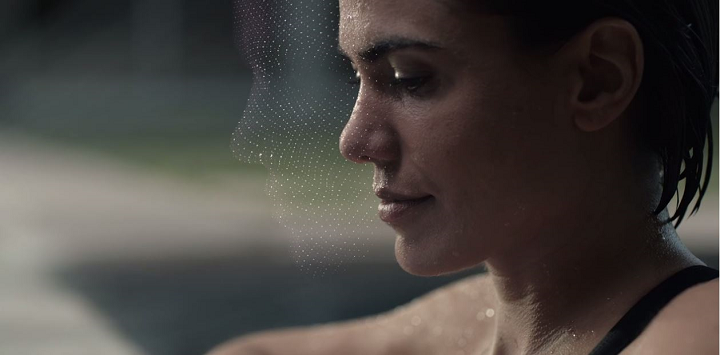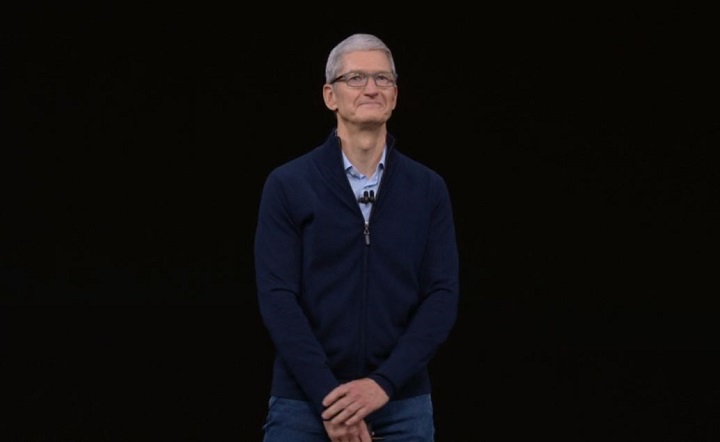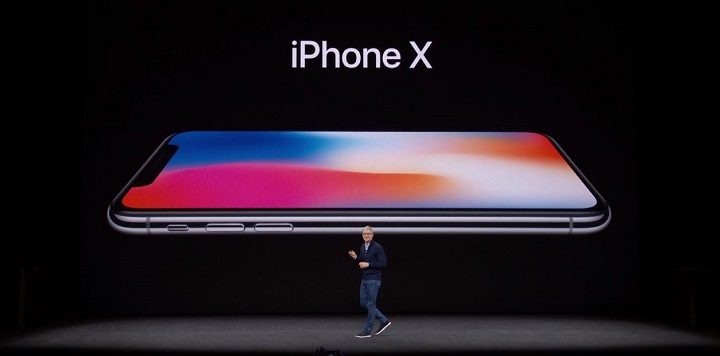Tech News Outlets Voice Concerns Over iPhone X’s FaceID
It’s such a strange sight to see how tech companies seem to have the same news as everyone else. In light of the recent release of iPhone X, several tech news websites have published article after article concerning the safety of the new iPhone’s facial recognition system.
The Concerns
Websites like TechCrunch, Express, Wired, Forbes and CBS News all published such articles concerning the new iPhone’s security system and the possibility of the phone to be hacked or used against you by hackers or cops. TechCrunch even sites two cases concerning unlocking smartphones with their biometric information: one in 2014 and another in 2016. In both cases, the court ruled that cops cannot force a defendant to give his or her passcodes but can be forced to provide biometric information to unlock his or her device, though they will be required to get a warrant. CBS News echoes this concern, also citing what CNET senior editor, Dan Ackerman, said about having your device grabbed and held in front of your face. Forbes’ report wonders if the new system would make it easier for the authorities to hack into their phones. Wired’s concern is that your face, which is essentially the key to the iPhone X, is out in public and can be 3D printed.
In Defense of Apple
While we really can’t take Apple’s word for it all the time, not after Vault 7, these tech websites seem to be too quick to distrust Apple’s security system. TechCrunch seems to have forgotten how Apple denied the FBI’s request to help them break into a smartphone and how dedicated Apple is to encrypt the data of their products. Apple even vowed to resist the FBI’s demands to crack the iPhone related to the December 2015 San Bernardino attack. Wired’s concern had already been answered by Apple in their presentation and Apple had worked with masks to test out the new security. As for passcodes being more secure than your face, there have been a lot of incidents where passcodes were easily guessed. Though this is solely the responsibility of the user it still shows that security systems using passcodes are not perfect. Apple also claimed in the presentation that the data used in FaceID is never transmitted anywhere else and the process is entirely made locally on the phone. This means that there’s zero chance a third party would be able to intercept your data since there’s no data being transmitted in the first place.
Hacking and bugs in the system could be an issue. But until the public gets to test the system out for themselves no one can really be sure of their existence. The new iPhone is set to be launched in November so nobody will know till then. Even if Apple were to go and test the iPhone X’s security till that date there’s no assurance that they will be able to catch all the bugs, provided there’s any. However, if there is a bug and someone discovers it, it is that person’s responsibility to report it immediately to Apple and it is Apple’s duty to respond quickly to patch it out before it can cause problems for their users.
As for getting your phone grabbed and held in front of you, Apple made it possible for people to lock down the Face ID function by pressing the power five times, which is an iOS feature. This is now solely the responsibility of the user to stop using their iPhones in unsafe places or locking them before setting out in such areas. If they have to answer or use their phone in such places they should be vigilant and on guard.
Conclusion
While it is nice to think that these tech news outlets are concerned about the security of the new iPhone it really does little to prevent problems that might occur in the future. All it does right now is sow fear into using a device that hasn’t even hit the shelves. This won’t do anyone any good at all, except to people who might want to damage the phones’ reputation before it comes out so Apple will lower the phone’s $1,000 price tag. Apple should remain steadfast, release the phone, and make sure it’s worth every cent the user paid for.


